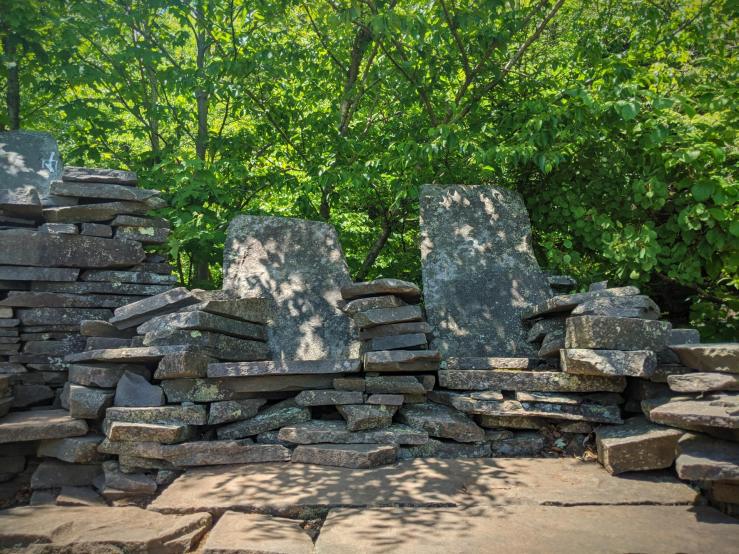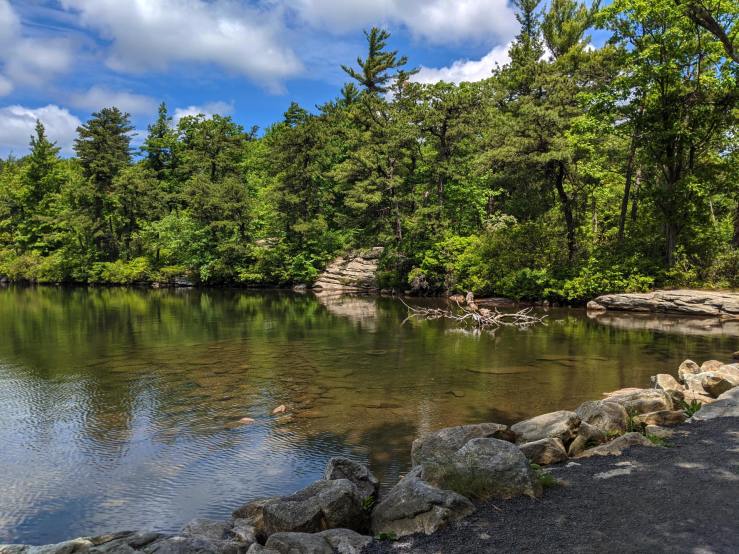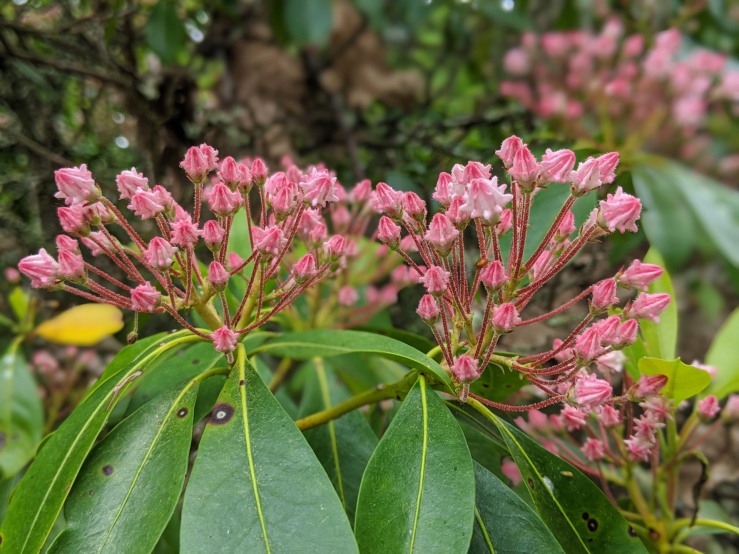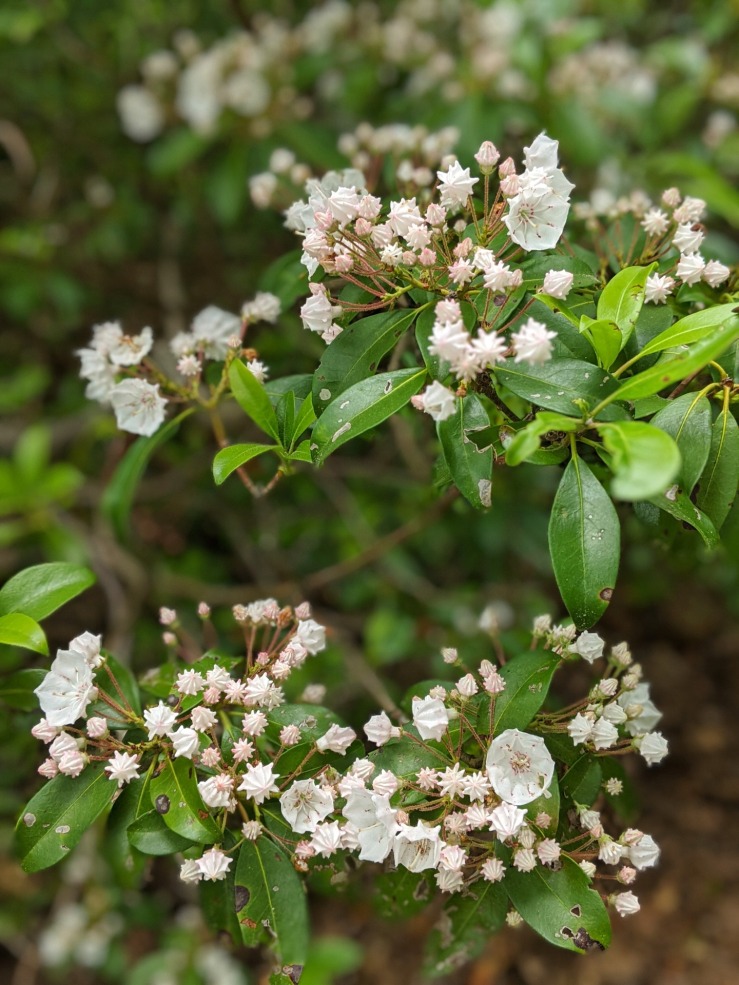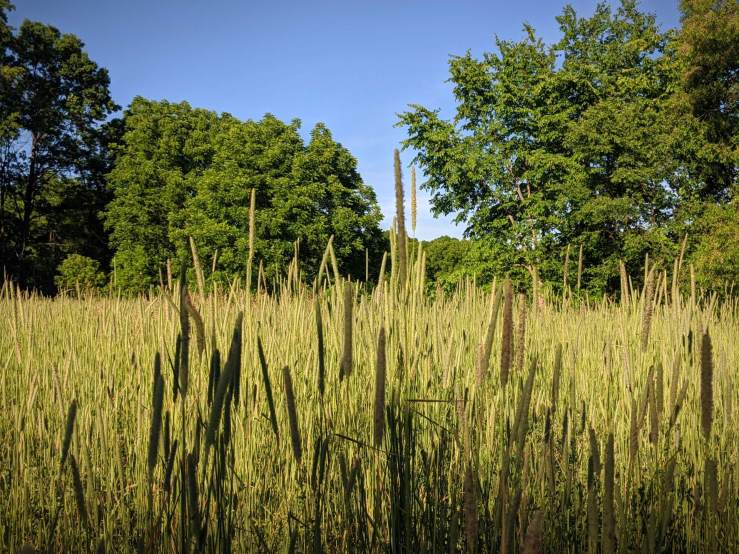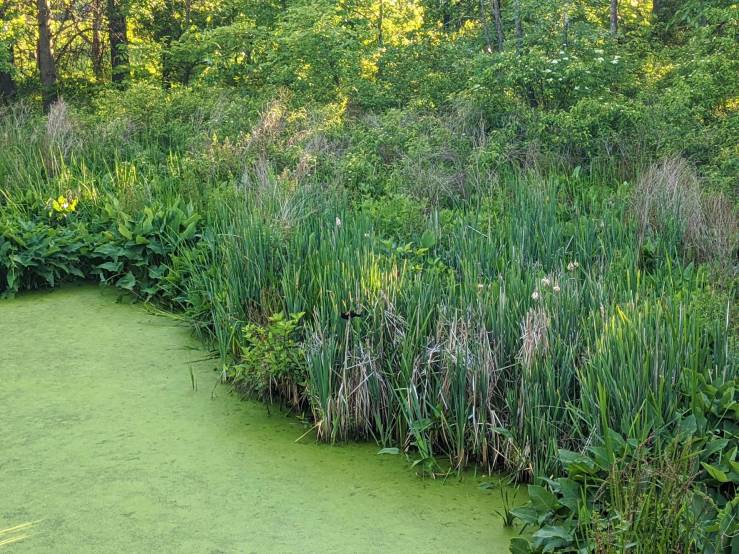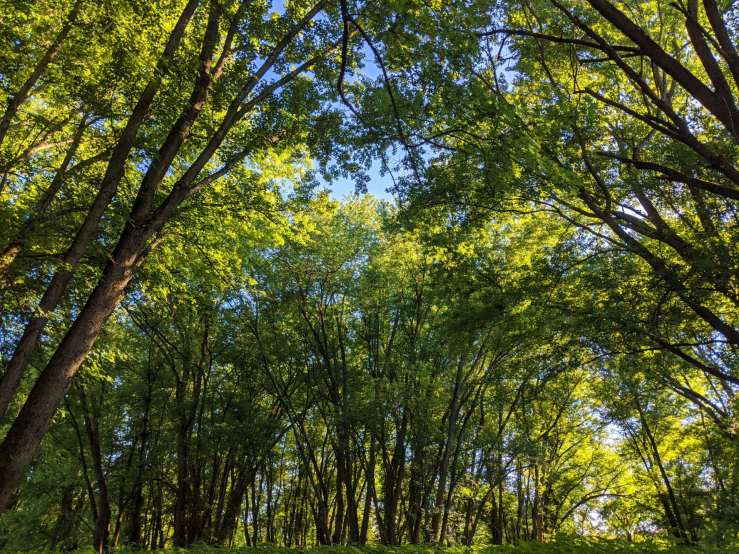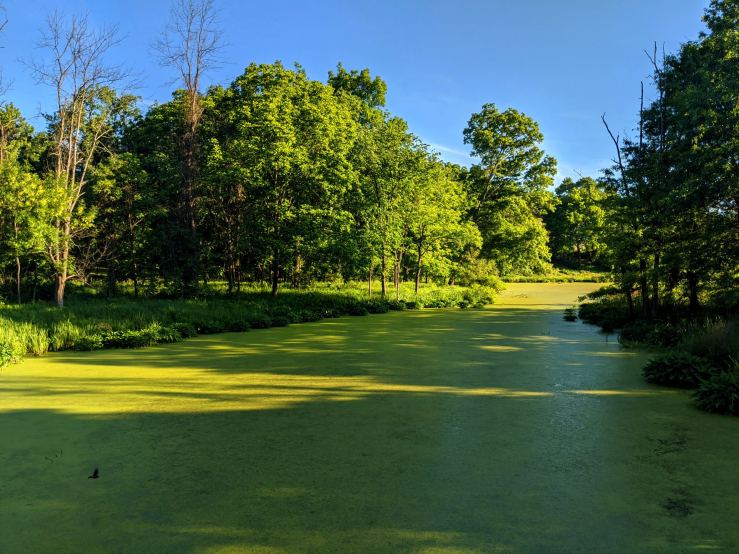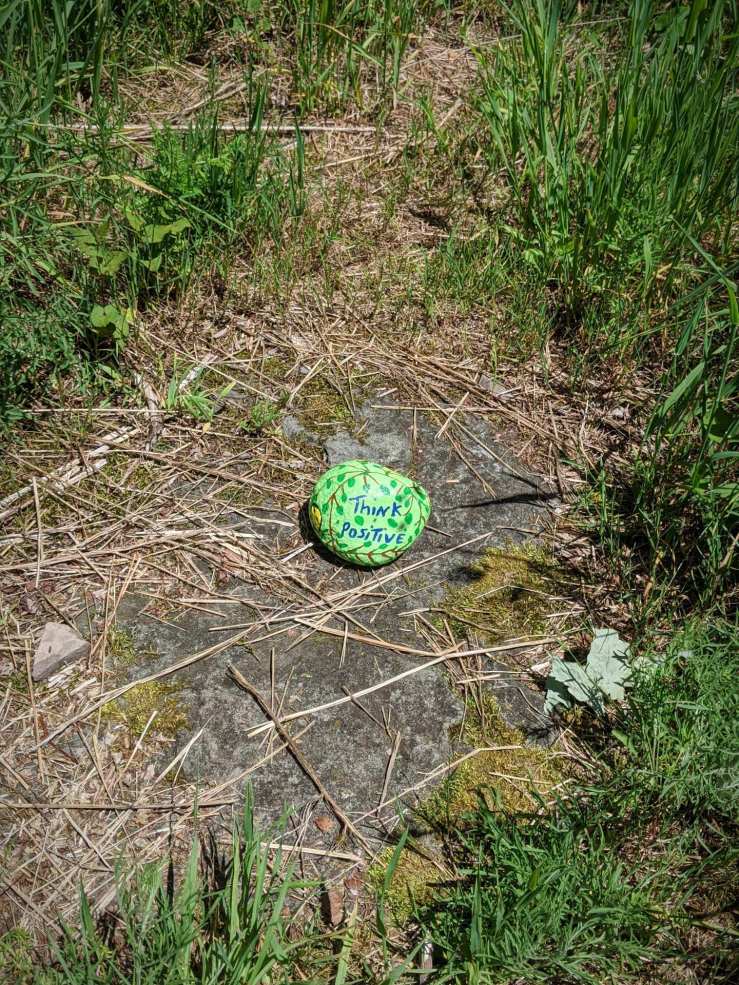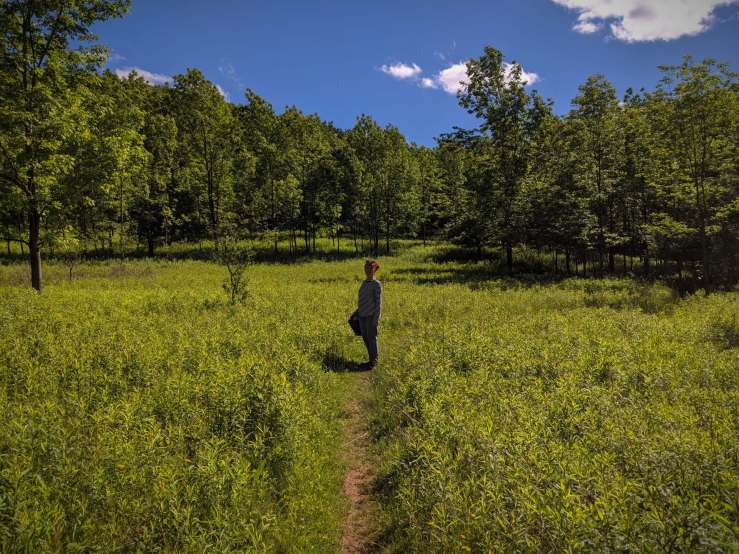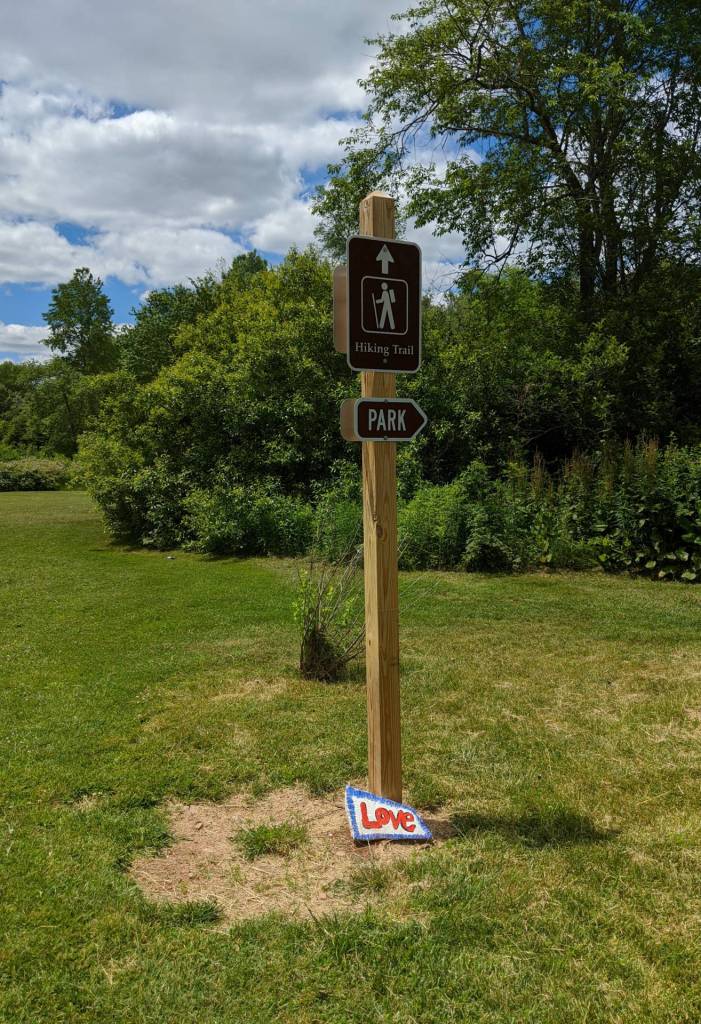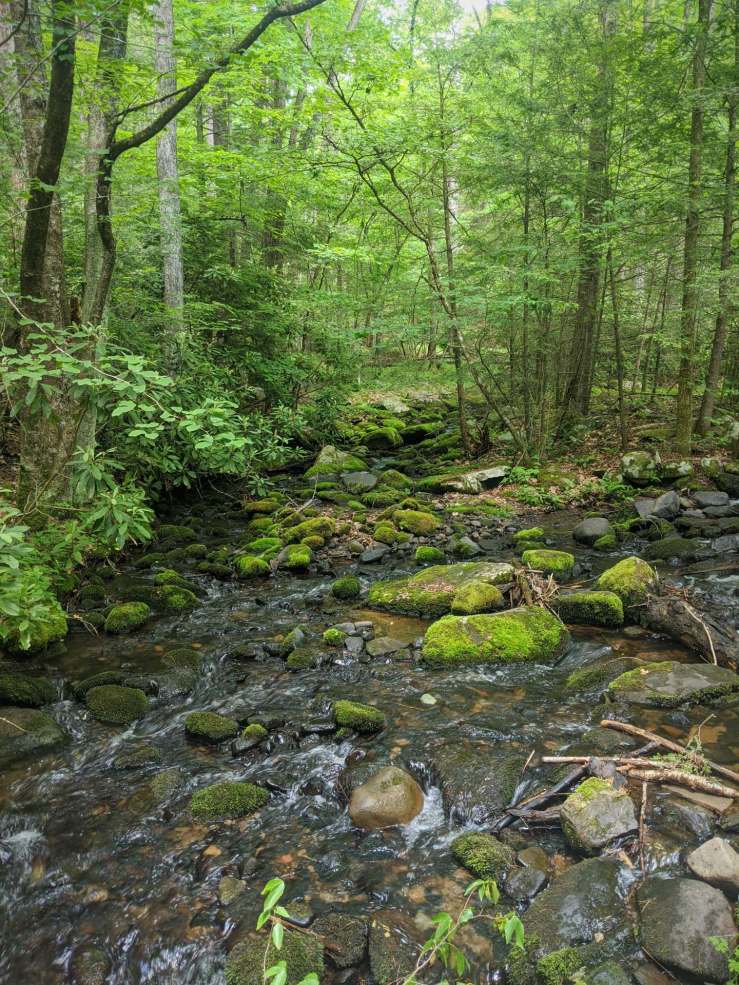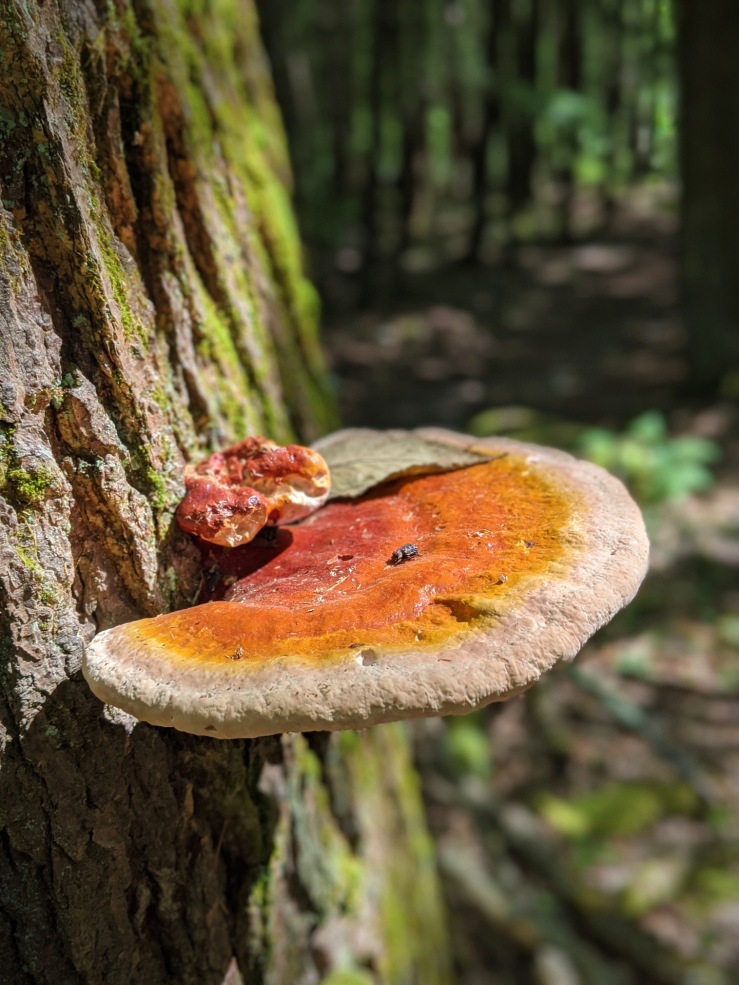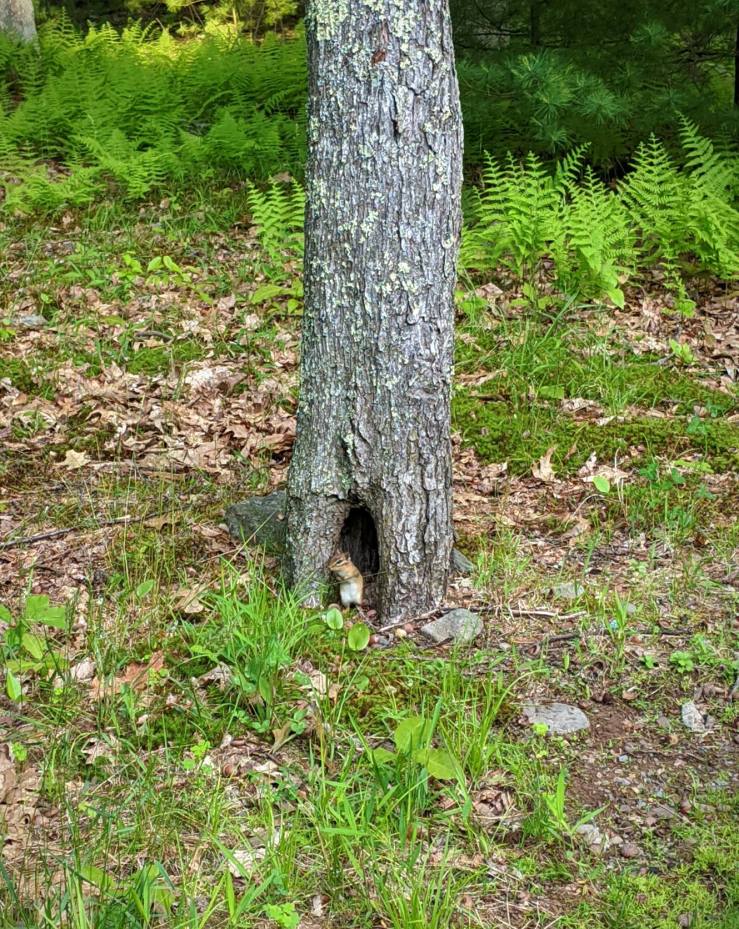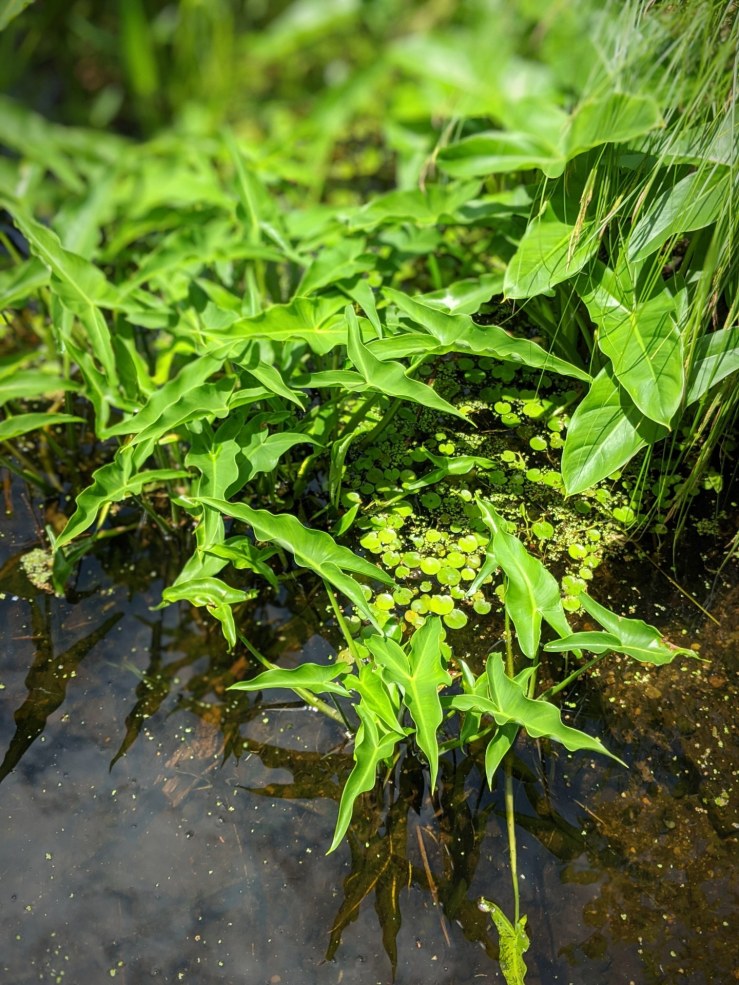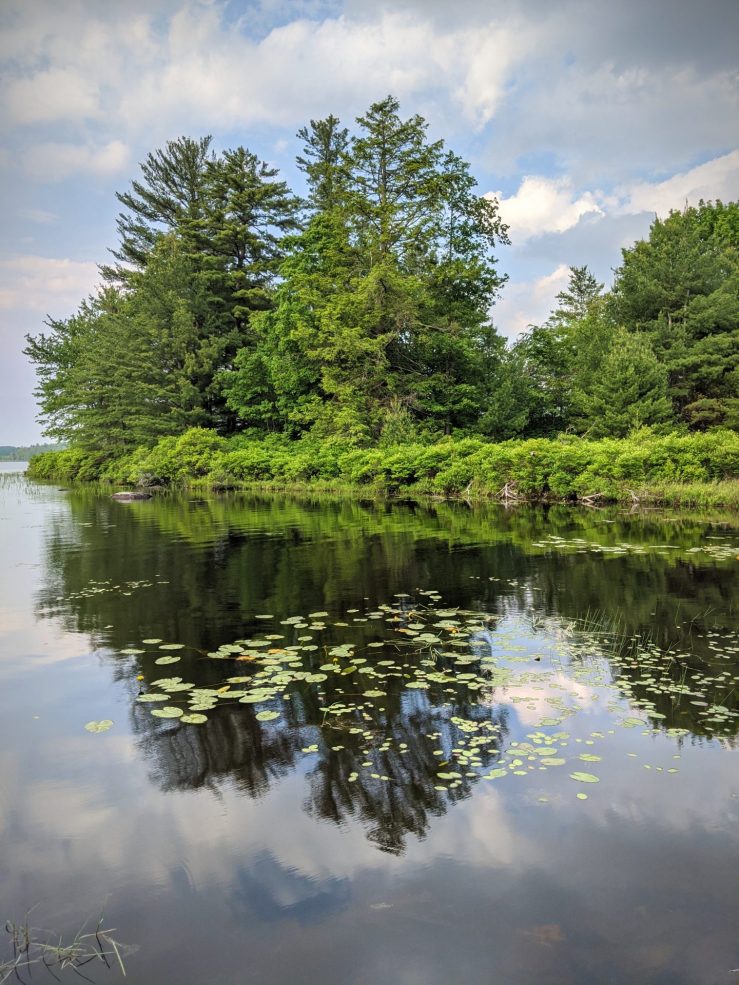After four unforgettable years, it was time to move on. Another country, another ocean, a new continent in the Southern Hemisphere. A series of very fortunate events would bring us to the faraway land that is New Zealand, and not a moment too soon. Because of Covid-19, our trip would be longer than usual, flying to Greece first, for a family reunion, then on to Auckland via Dubai and Kuala Lumpur. Almost full circle around the Globe.
We’ll stay in Athens for the next few days, before I figure out which is the best platform to go on sharing our New Zealand memories, as this blog has almost reached its maximum storage space.
Meanwhile, let’s bid farewell to the City with the most New Yorky picture of them all:

Good bye New York City, thank you for four amazing years!
August 1st, 2020



